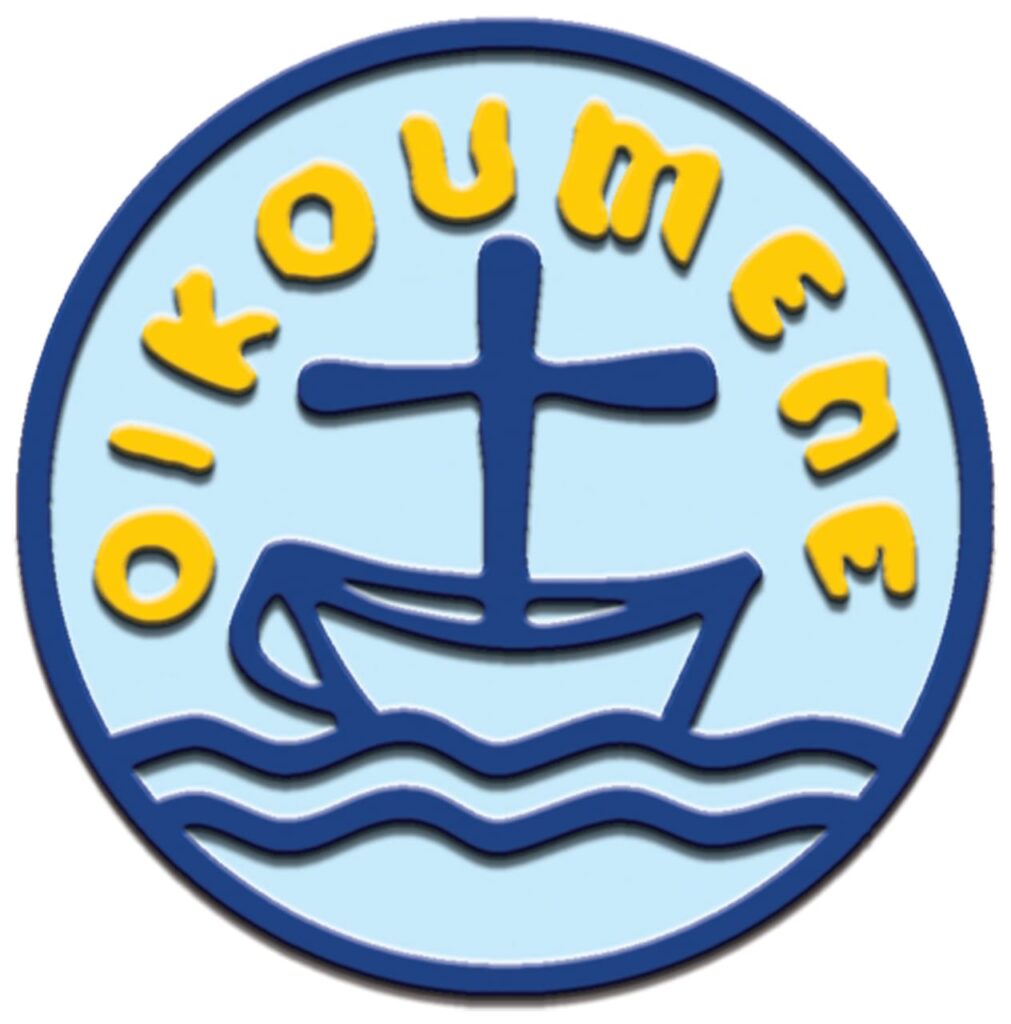This coming May 20th, 2025, the Christian world will commemorate the 1700th anniversary of the preeminent creedal confession of Christianity: the Nicene Creed, which was first articulated in the City of Nicaea (43 miles outside of Constantinople) in the year 325 AD. So, as Lutherans, we join the global Church of Jesus Christ in celebrating the 1700th anniversary of the Nicene Creed as an enduring confession of faith in the Triune God and in the saving work of Jesus Christ our Savior and Lord. For Lutherans, the Nicene Creed is a theological anchor and vibrant testimony to God’s grace, and its anniversary invites us to remain grounded in the unchanging truth of God’s Word and the theological fundamentals reflected in the Nicene Creed. Moreover, this 1700th anniversary also invites us to engage in ecumenical dialogue and cooperation with other branches of Christianity.
Back in 325 AD, the early Church faced a crisis. A teacher named Arius was claiming that Jesus Christ was a created being, not fully divine. So the Ecumenical Church Council of Nicaea gathered to defend the truth of Christ, producing the Nicene Creed (later refined in 381 at Constantinople). This creedal statement of the Christian Faith boldly declares that Jesus is “begotten, not made, consubstantial with the Father” — fully God, of One Being with the Father and the Holy Spirit in an Eternal Tri-Unity (see the second article of the Nicene Creed). It’s a forthright and unwavering statement of who God is and what he has done to save us through his only begotten Son, Jesus.
When we confess the Nicene Creed, we’re not just reciting ancient history; we’re proclaiming the Living God who saves us through his Son, “who for us and for our salvation came down from heaven” (second article of the Nicene Creed). In an age of theological ambiguity, the Nicene Creed grounds us in the truth of the Gospel, pointing us to Christ as the sole mediator of God’s New Covenant. In a world that often dilutes God’s grace and truth, this creedal statement keeps us anchored to the truth of Christ our only Savior.
The 1700th anniversary of the Nicene Creed unites Christians across traditions: Eastern Orthodox, Roman Catholics, Lutherans, Anglicans, Presbyterians, Pentecostals, and others. This shared creedal confession creates a basis for meaningful unity, even as we acknowledge and navigate differences. For example, Lutherans may differ with the Roman Catholic maximalist understanding of St. Mary’s role within Christian spirituality, or Lutherans may differ with some Protestants concerning the spiritual efficacy of the Sacraments, but our common affirmation of Christ as our Divine Messiah gives us a starting point for increased ecumenical dialogue and cooperation.
True Christian unity is not uniformity, therefore. We’re not meant to gloss over theological divides. We’re not here to pretend differences don’t exist or to compromise our Lutheran confession for a superficial unity. Consequently, we Lutherans can approach inter-church dialogue and cooperation while holding fast to our theological and spiritual distinctives: [1] the Lutheran principle of the preeminence of the Holy Scriptures as the primary source and authority for Christian faith and life; [2] the Lutheran understanding that God’s Word within the Holy Scriptures speaks both Law and Gospel, and we must clearly distinguish between Law and Gospel (not confusing them together); and [3] the Lutheran conviction that God’s saving grace and truth are primarily transmitted to us through both the Word and Sacraments of Jesus Christ by the power of the Holy Spirit. So we approach Christian ecumenism with clarity and charity, focusing on the Nicene Creed’s proclamation of the Triune God and Christ’s redemptive work as the basis for Christian unity.
As we celebrate 1700 years of the Nicene Creed, we join Christians throughout the world to proclaim the Triune God with boldness and joy. For in the Everlasting Covenant of Jesus Christ that the Nicene Creed uplifts, the great New Covenant sealed by the blood of Christ, God freely offers salvation. Through “one baptism for the forgiveness of sins” (see the third article of the Nicene Creed) God pours out his grace, uniting us to Christ and giving us the gift of faith to trust in him alone for our salvation. So as we confess the Nicene Creed during these Seven Sundays of Eastertime, we stand shoulder to shoulder with Christians across centuries and traditions, transformed and united by the Good News of Jesus Christ that saves us. This Gospel truth is our anchor, and it’s the foundation for our ecumenical relations with all the various branches of the Church of Jesus Christ. In the name of the Father and of the Son and of the Holy Spirit, One God, now and forever. Amen.
Christ is risen! Pastor Tim

